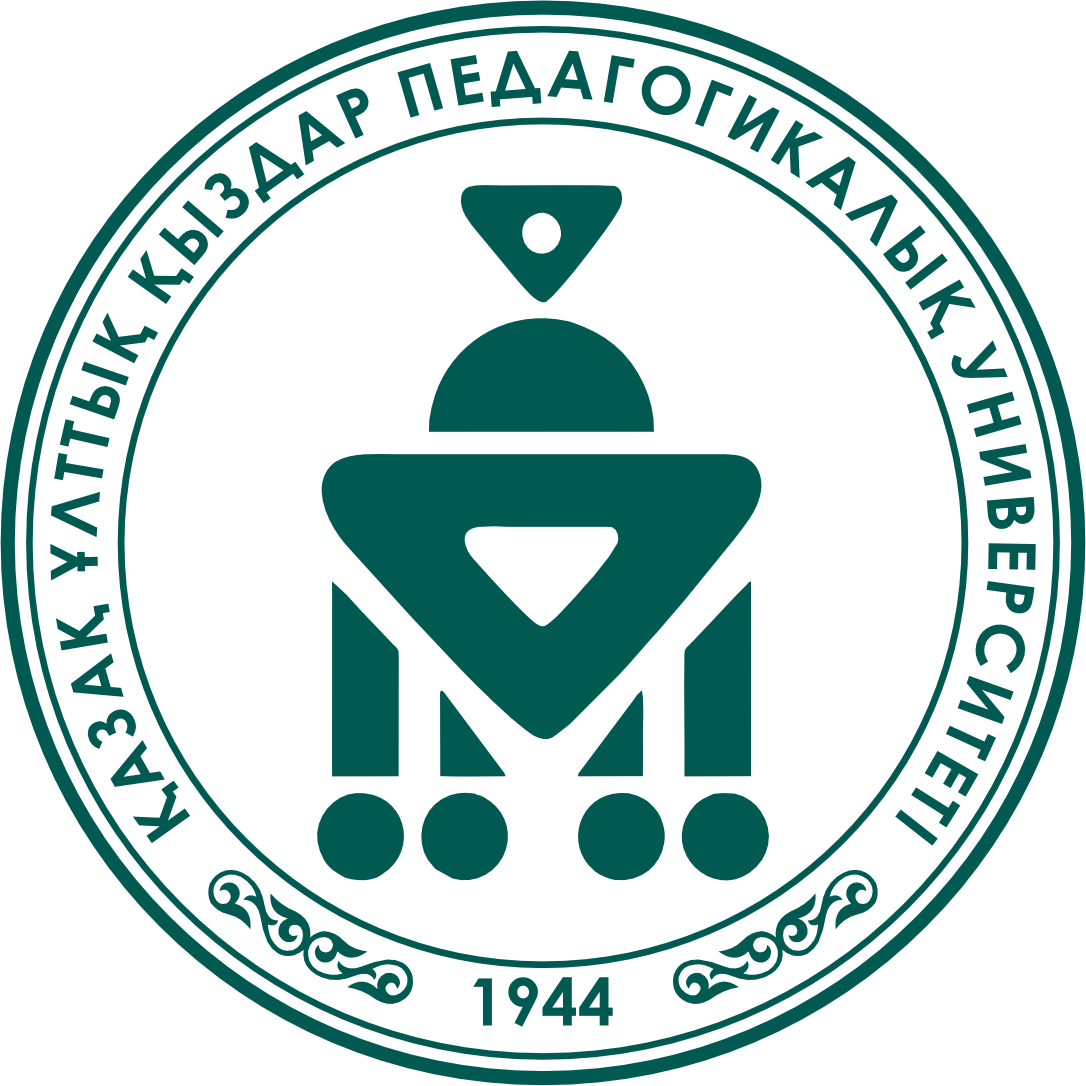7М01103 (IP) – Education Management and Leadership
-
Education
-
-

Дисциплины ЕНТ
-

Академическая мобильность
-

ECTS
-

Пороговый балл
-

Minor
-
CHARACTERISTIC OF THE EDUCATIONAL PROGRAM
1.1. Curriculum title
Education Management and Leadership
1.2. Curriculum developing team
Leading University
Member Universities
Kazakh National Women's Teacher Training University
Dulati Taraz Regional University
Amanzholov East Kazakhstan State University
Sh. Ualikhanov Kokshetau University
K. Zhubanov Aktobe Regional University
Kozybayev North Kazakhstan University
Pavlodar Pedagogical University
1.3. Type of curriculum
(in accordance with the National Qualifications Framework
MASTER'S DEGREE
Level 7
1.4. Total academic credits
120 academic credits
1.5. Study mode
full-time
1.6. Expected program duration
2 years
1.7. Short curriculum description
Curriculum goals and objectivesThis Educational Programme (EP) "Education Management and Leadership" is a Master level national teacher education curriculum, which has been designed in collaboration by various Kazakh universities and with international consulting. Due to the nature of a national curriculum, the descriptive texts within the curriculum do not provide specific information but highlight general pedagogical principles and cross-cutting themes (see also Annex 1.). The more detailed descriptions of e.g. methodologies and assessment will be identified in the implementation plans of the universities, considering also institutional and regional specific conditions.
Educational programme (EP) "Education Management and Leadership" is a Master level programme for teachers and other professional who wish to specialize in educational leadership (in schools, colleges, high schools, universities). EP consists of a pedagogical component, a subject component, and a research component including Final Attestation/Master Dissertation.
The EP consists of 6 modules: “General education”, “Pedagogical ethics and values”, “Sustainable leadership and organizational management”, “School development”, “Action Research”, “Research work of a Master student”, including Final Attestation/Master Dissertation.
The graduates of the programme will have the skills of managing an educational organization, e.g. the management of organizational culture, and human and physical resources. They will master the theoretical foundation educational of leadership and management and apply their knowledge in practice.
The programme is practice-oriented and aimed at fulfilling the educational objectives of the Republic of Kazakhstan to train 1,000 principals for new schools, as well as an administrative personnel reserve until 2025.
1.8 Main principles of the curriculum
Competence-based initial teacher training (ITE)
The competence of the teacher combines the competence in the area of pedagogy and its subject area with the theoretical and practical competence of teaching in various working conditions. The teacher has the knowledge and skills necessary for his subject area, and thus is able to teach and monitor young people and adults studying in the same subject.
Teacher competence focuses on planning, leadership, teaching, and evaluation. For this reason, the teacher must have sufficient theoretical knowledge in the field of teaching and competence development. In addition, in modern working life, special attention is paid to cooperation and networking, skills development, as well as support and maintenance of the well-being of oneself and one's surroundings.
The competence of a teacher is influenced by changes in the labor market, in educational structures and in society as a whole, and all these elements emphasize the dynamic nature of the teacher's work. The work, characterized by constant changes in a variety of working conditions, focuses on the teacher's ability to evaluate and adjust their own activities. Self-assessment skills are an important part of the development of professional identity. The teacher constantly makes value decisions, which means that considering issues of professional ethics is one of the necessary professional skills. Change requires the development of experience, the ability to learn, and the ability to reform and update the way things are done within the community.
Curriculum of pedagogical education based on competencies
Thus, the curriculum of pedagogical education, based on competencies, consists of three structures: 1) Pedagogical studies, 2) Subject-specific research, 3) Mandatory research. Each of these structures includes modules and corresponding courses. The results of the training courses describe the competencies required for teaching, and are placed in the NQS system (National Qualifications System) at the seventh basic level.
The curriculum is based on the following basic principles:
- Competence-based learning
- Constructive coordination
- Student-centered learning and active learning methods
- Competence-based research
- Interdisciplinary training
- Inclusive education
- Professional development of teachers and change management
(for more information, see in the Attachment)
-






